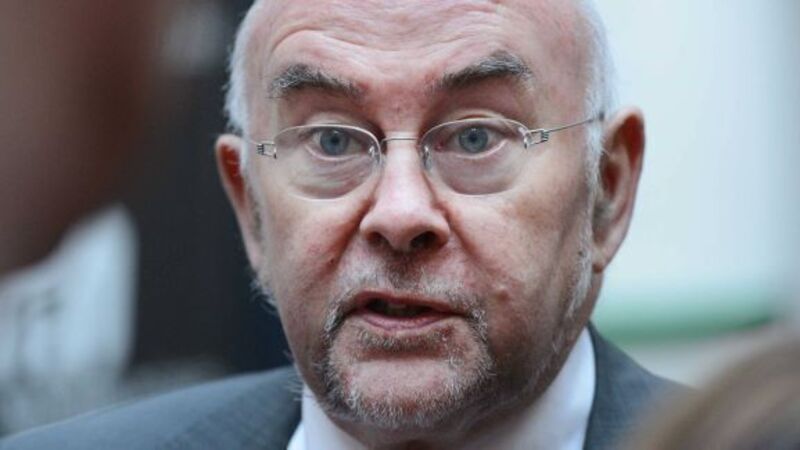Ireland fourth last in study of literacy

The 18% of people here who are at the lowest level of literacy is slightly below average and represents a slight improvement over the 22% of Irish people with the lowest skills revealed in a 1997 study, making this one of only five countries to show an improvement since then.
But Education Minister Rúairí Quinn says the overall performance at literacy, but more particularly at numeracy, is “not as strong as I would have liked”.













